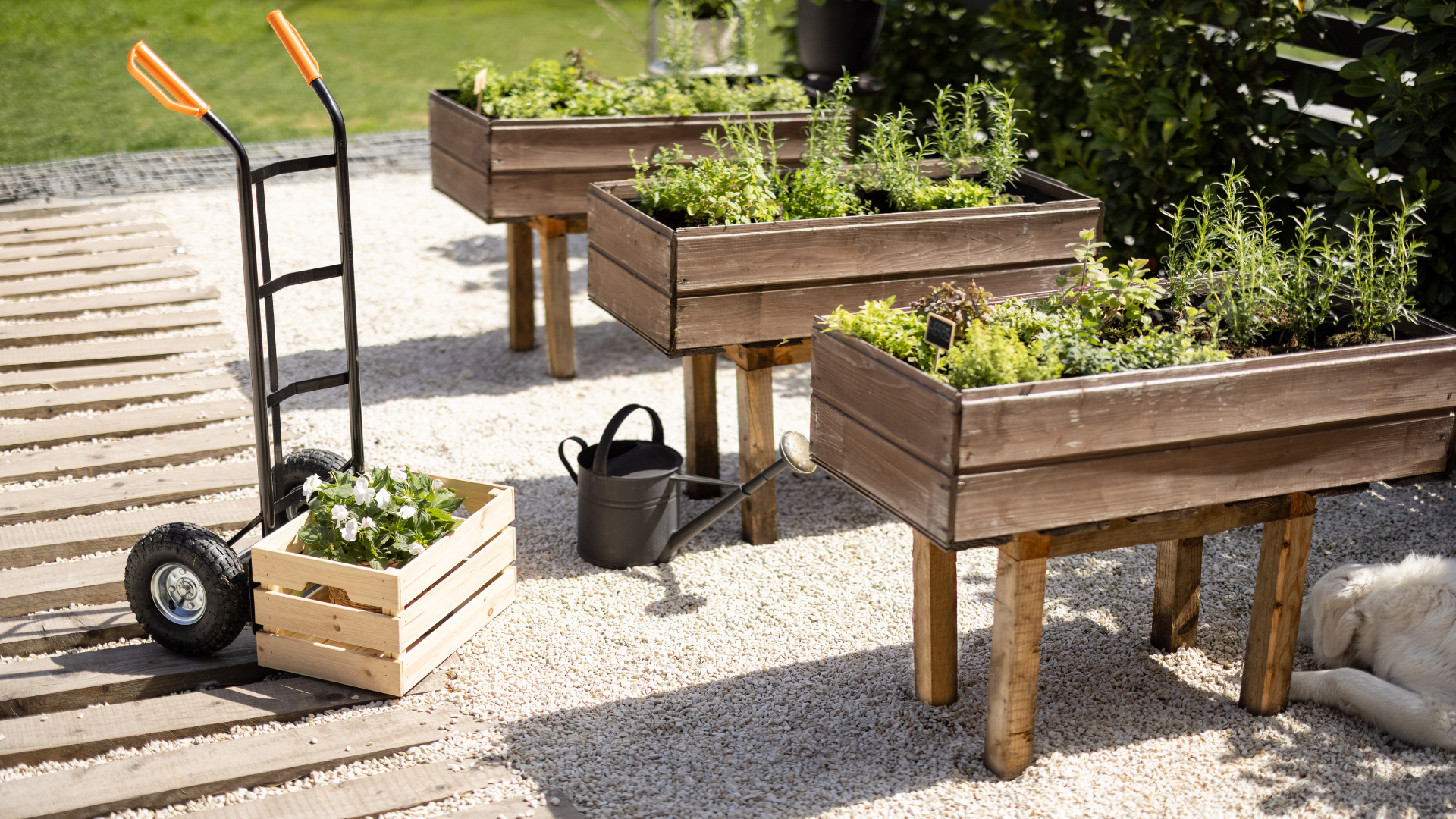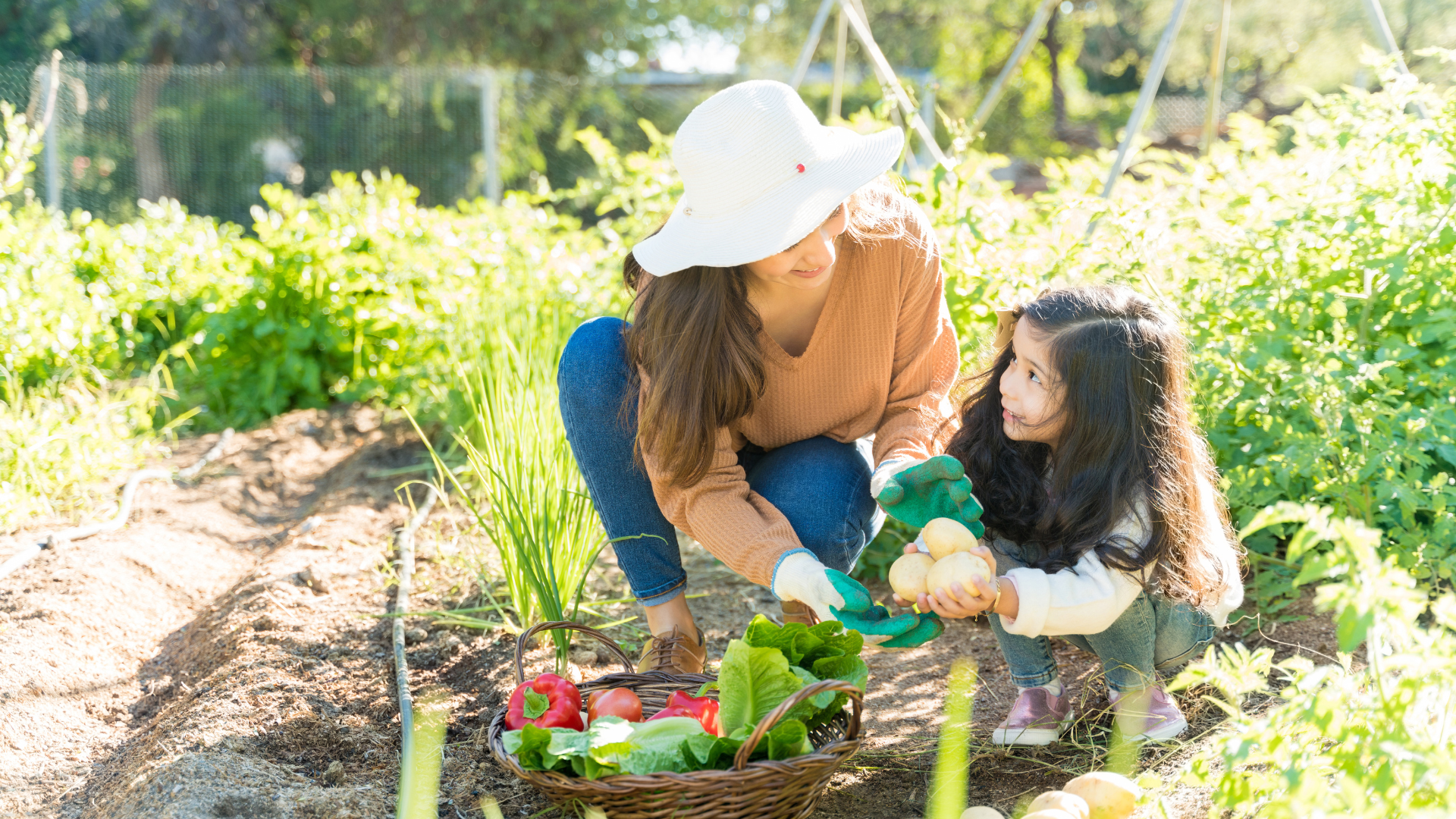Modern homesteading is gaining popularity across Southern suburbs, where homeowners blend the best of suburban convenience with the wholesome benefits of small-scale farming and gardening. This trend redefines suburban living, offering a lifestyle promoting self-sufficiency, sustainability, and community. Let's dive into how you can integrate modern homesteading into your suburban life and why it's a trend worth considering for your next home.
The Appeal of Modern Homesteading
Many people crave a return to simpler, more sustainable living in today's fast-paced world. Modern homesteading offers an ideal balance, providing the benefits of rural farm life without sacrificing the conveniences of suburban living. By incorporating elements of homesteading into your suburban home, you can enjoy fresh, home-grown produce, reduce your environmental footprint, and even increase your property value.
Creating Your Backyard Farm
Starting Small: Herb Gardens and Raised Beds
One of the easiest ways to start your suburban homestead is by planting a small herb garden or a few raised beds in your backyard. These can provide fresh herbs and vegetables right at your doorstep, enhancing your meals and reducing grocery bills. Raised beds are particularly beneficial as they offer better soil control, easier access for planting and harvesting, and can be a charming addition to your backyard aesthetics.
Tips for Success:
Select the right location: Ensure your garden receives at least 6-8 hours of sunlight daily.
Easy-to-grow herbs and vegetables: Basil, mint, tomatoes, and lettuce are great for beginners.
Use high-quality soil and compost: This provides the necessary nutrients for your plants to thrive.
Expanding with Fruit Trees and Berry Bushes
Once you’ve mastered the basics, consider adding fruit trees and berry bushes to your suburban farm. Not only do they provide delicious, organic fruits, but they also contribute to your landscape’s beauty and biodiversity.
Steps to Consider:
Select the suitable varieties: Choose fruit trees and bushes suited to your local climate.
Space plan: Ensure you have enough room for the mature size of the trees and bushes.
Regular maintenance: Pruning and proper care are essential for healthy, productive plants.

Sustainable Practices for Suburban Homesteading
Composting: Turning Waste into Wealth
Composting is an excellent way to recycle kitchen scraps and yard waste into valuable organic fertilizer for your garden. This practice reduces waste, enriches your soil, and supports sustainable living.
How to Get Started:
Set up a compost bin: Choose a convenient spot in your backyard.
Add a mix of greens and browns: Include fruit and vegetable scraps, coffee grounds, leaves, and small branches.
Turn regularly: This helps speed up the composting process and prevents odors.
Rainwater Harvesting: Eco-Friendly Water Management
Incorporating rainwater harvesting systems can significantly reduce your water bills and provide a sustainable water source for your garden. You can use rainwater during dry periods by collecting and storing it, ensuring your plants always have enough water.
Implementing Rainwater Harvesting:
Install a rain barrel: Place it under a downspout to collect runoff from your roof.
Use a filtration system: Ensure the water is clean and debris-free.
Integrate with your irrigation: Connect the system to your garden’s watering setup.
Building Community Through Homesteading
Sharing the Bounty: Farmer’s Markets and Swap Meets
Modern homesteading in the suburbs often leads to surplus produce, which presents a perfect opportunity to connect with your neighbors. Participating in local farmer’s markets or organizing produce swap meets can foster a sense of community and promote local food sharing.
Benefits:
Community engagement: Build relationships with fellow suburban homesteaders.
Fresh, local produce: Enjoy a variety of home-grown goods.
Support local economy: Encourage sustainable, local food systems.
Educational Workshops and Community Gardens
Many suburban homesteaders find joy in sharing their knowledge and experience with others. Hosting workshops or participating in community gardens can help spread the benefits of modern homesteading and inspire others to adopt sustainable practices.
Ideas for Community Involvement:
Gardening workshops: Teach others how to start and maintain a garden.
Community garden projects: Collaborate with neighbors to create shared garden spaces.
Homesteading clubs: Form groups to exchange tips, resources, and support.

Transform Your Suburban Home with Modern Homesteading
Embracing modern homesteading in the suburbs offers a rewarding lifestyle that combines the best of both worlds: the convenience of suburban living and the benefits of small-scale farming. The advantages are plentiful from growing your food to building a stronger community.
If you’re considering a move to a suburban area where you can start your homesteading journey, Dalrymple Real Estate can help you find the perfect property to suit your needs. Explore our featured listings and contact us today to discover your dream home where you can cultivate a sustainable, fulfilling lifestyle.


